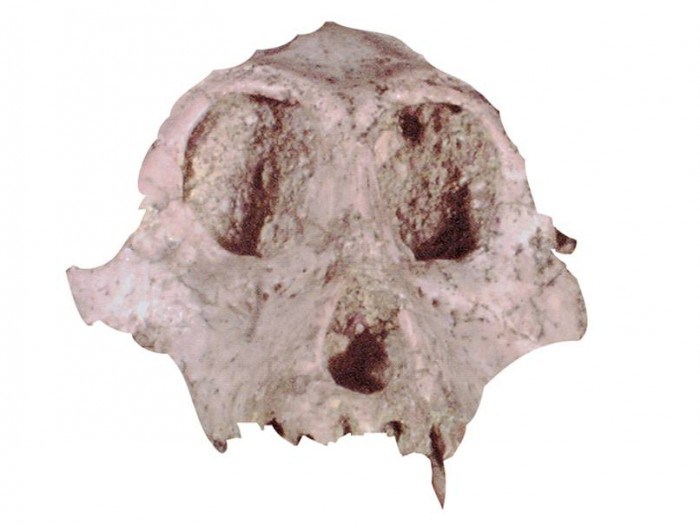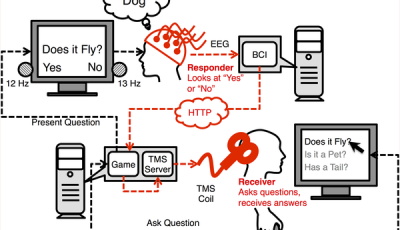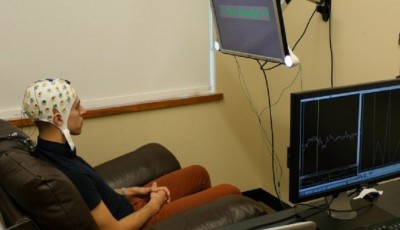Old World monkey had tiny, complex brain
The subject of this research is a 15 million year old monkey skull. This led them to conclude that these primates were more sensitive in their sense of smell-one thing that may be very useful considering the kind of environment 15 million years back.
The analysis of the 15-million-year-old monkey skull using 3D computer imaging has uncovered the secrets of superior brain complexity of these ancient primates.
After creating the first detailed visualization of the monkey’s brain Researchers from Duke University in collaboration with investigators from the Max Planck Institute for Evolutionary Anthropology have discovered that it had a small, but complex brain. The difference in volume is roughly comparable to comparing a plum to an orange.
Because so few examples of ancient primate skulls exist, scientists have long debated whether brain complexity increased as brains got bigger or if complexity preceded increased brain size.
However in spite of the fact that the brain was small researchers also discovered that it was complex.
Still, despite this small size, the creatures likely had some significant advantages in the fight for survival.
It also had an olfactory bulb that was about three times larger than expected, indicating that Victoriapithecus might have had a better sense of smell than monkeys that are alive today. The skull the researchers examined was found on the Kenyan island in Lake Victoria in 1997.
“It probably had a better sense of smell than many monkeys and apes living today”, said co-author Lauren Gonzales of Duke University, in the statement.
“But instead of a tradeoff between smell and sight, Victoriapithecus might have retained both capabilities”.
In the absence of fossil evidence, previous researchers have disagreed over whether primate brains got bigger first, and then more folded and complex, or vice versa. The fossil is now in the collection of the National Museums of Kenya, located in Nairobi.
However she added that this study proves that monkey’s evolution was sort of reversed, meaning their complexity came first and later the bigger brains.












